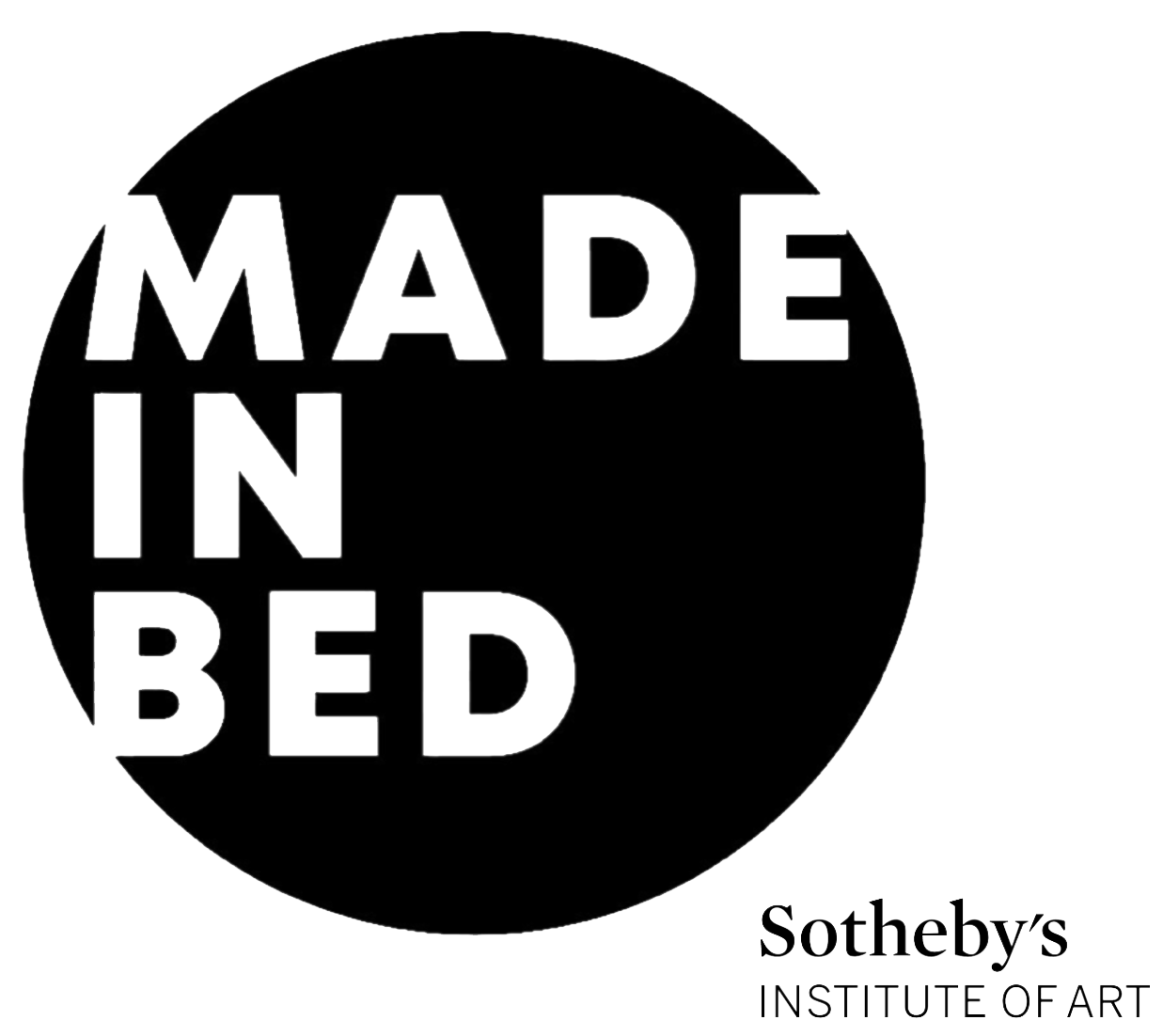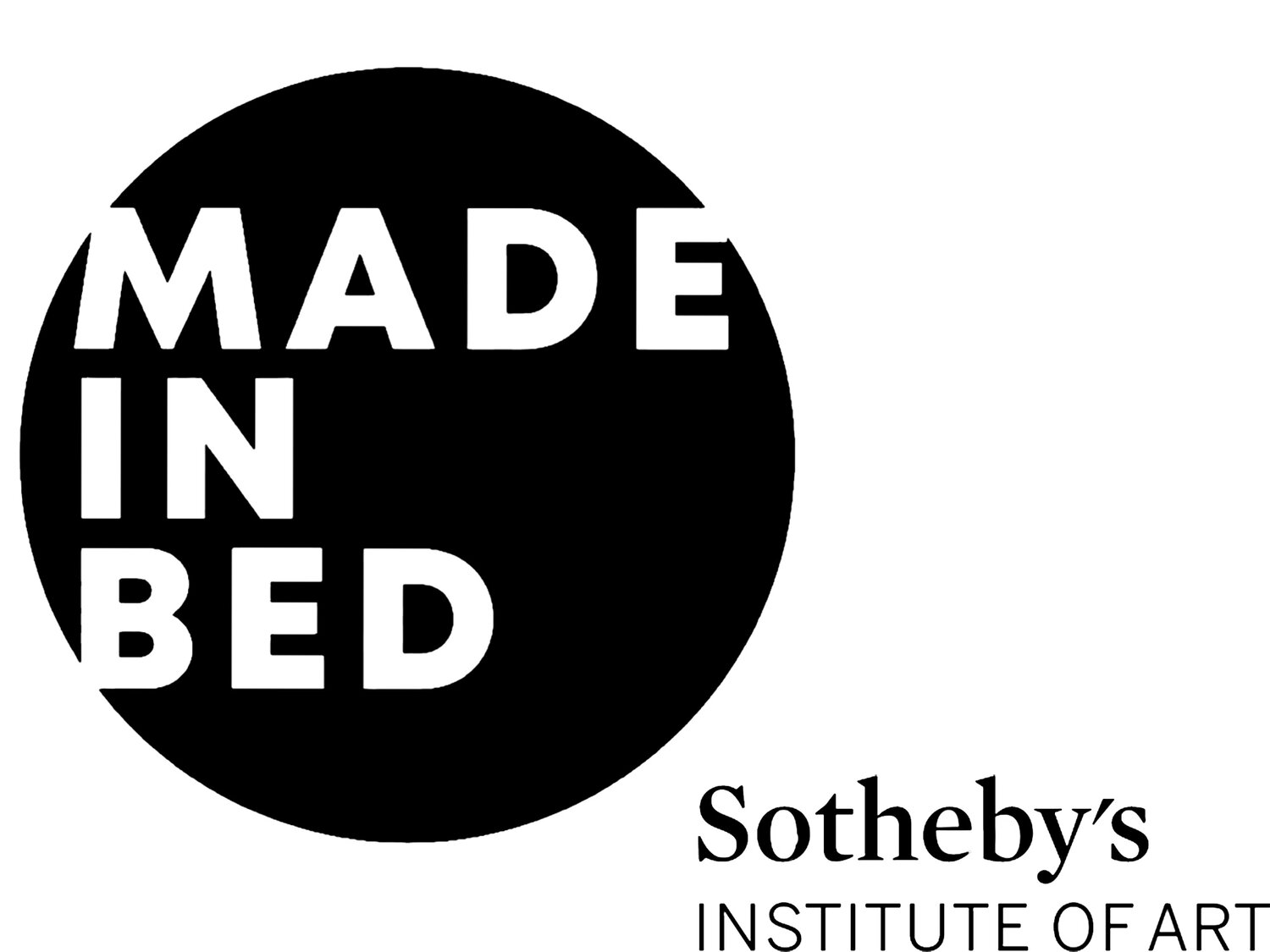Lorna Tiller in Conversation with I LIKE NETWORKING
MADE IN BED’s Lorna Tiller speaks with Isabel Sachs, founder of I LIKE NETWORKING. This uk-based initiative “aims to support women and non-binary professionals looking for a career in the creative and cultural industry and those who already work in the field but feel stuck.” In the following interview we discuss Isabel’s motivations behind setting up I LIKE NETWORKING and all the important information you need to know.
What did you set up I LIKE NETWORKING?
It was an idea that grew organically; I’ve always been someone who liked to connect people. Once I landed in London from Brazil though I had to build a network from scratch if I wanted to get a job– and that was harder than I had predicted. Here I was, having worked since I was seventeen years old, having founded and sold a company, and I was doing TONS of unpaid internships - again. I was very privileged to even be able to do that while living in London but my ego was slightly bruised, I won’t lie. Friends and colleagues always complained to me about how hard it was to meet people (professionally and otherwise). So the seed to do something about it has always been there but I think I had to lose my job during this COVID-19 crisis to have the time to put something together for real. Ultimately, it came out of me being tired of wallowing in self-pity, realising my privilege and deciding to focus my energy on something positive.
What 'gap' did you see in the industry which motivated you to set up this initiative?
I started looking at mentoring opportunities and a lot of what is out there is GREAT but is very focused on supporting female founders - and not everyone wants to build a business or be a founder. I also couldn’t find a bespoke networking initiative which would work on this COVID-19 era, and this was key. I started to float the idea to friends and colleagues, some of whom told me they would have paid to have that sort of support when they were starting out.
Then there is the issue of diversity and inclusion which is a BIG GAP. This has always been a clear issue in my life because I grew up in Brazil and I am the granddaughter of immigrants - so it is something I’ve always cared deeply about. In a country where around 56% of the population of over 200 million considers themselves “black”, I had worked with very few people in my life who were not clearly white. And the income inequality is impossible to ignore.
When I moved to London I realised that this was a widespread problem in the culture industry worldwide. I remember when that email circulated with a google spreadsheet on museum worker’s salaries, inspired by Kimberly Drew’s salary transparency post, and my friends in the sector were all shocked (available here).
Black, Asian and Ethnically Diverse groups are the least represented in both creative and cultural education and workplaces (according to Statista, 2019). I’ve been working for over 12 years, and also never worked with anyone who had any disabilities. The issue is that the creative industries are perhaps the most involved in creating representation for the public-at-large – from the value of artworks in auctions, who we see on film, TV and beyond… it just doesn’t make sense that this industry is not more diverse. This is a very long conversation, of course, and I am far from being an expert but once I started to dig into my hunch of what should be done, the data behind it was very clear. I am not saying that this is the way to solve it, but it is one thing I could do NOW and that gave me energy to keep going.
How does the mentoring process work?
This is the first edition of I LIKE NETWORKING and we wanted to find a model where mentoring was embedded with networking. The mentees will be paired with a mentor for four sessions to work on fine-tuning their resumes, their skills, their personal brand and define what sort of support system would be helpful. For instance, if someone wants to work in the music industry but doesn’t know which area to go in, the mentor can help clarify that as well and introduce them to professionals in various areas - i.e. licensing, marketing, A&R - so they can start building their own connections. Likewise, if someone wants to pivot careers, we have mentors with that experience who could support them in defining their narrative for that.
Can you tell us a little bit more about the mentors and how they came to be involved in the project?
I started the project with some of my personal, informal mentors involved. I am so lucky to have people like that in my life, who were super excited by the idea and could share their time and expertise. I knew I wanted people from a variety of areas because I wanted to support as many interests as possible and because I started working on an art gallery whilst serving coffee on film sets before becoming a music manager - so it is also driven by my experience working across art forms.
Then there were those professionals I admired from afar and was pleasantly surprised when I approached them and they said yes, without flinching. I hopped out of my chair every time I got a yes from them. Some of these mentors I am “meeting” for the first time on a Zoom call, which is wild and their resumes are incredibly impressive. The mentors and the amazing advisory board also all suggested more people who could fill in the gaps, and we ended up with this unbelievable cohort, hailing from 13 different countries. We've since received a lot of requests from other people who want to be mentors, which goes to show the strength of this industry as well – I think most of us really want things to change.
What is expected from the mentee?
The mentee should be ready to put in some work! There will be four sessions with the mentors but in between those the mentees will be prompted to work on tasks based on their goals, which could be anything from registering a website, creating a portfolio to publishing a blog post and beyond.
Does it cost to participate? & how is the project being funded?
The first iteration is free for selected mentees. At the moment, the whole project is self-funded and voluntary but we are looking into launching a crowdfunding campaign soon so we can make the next edition a reality, due to the number of applicants we've had.
Thank you Isabel Sachs.
All imagery courtesy of I LIKE NETWORKING.
Instagram: @ilikenetworking
Lorna Tiller,
Editor-in-Chief, MADE IN BED




